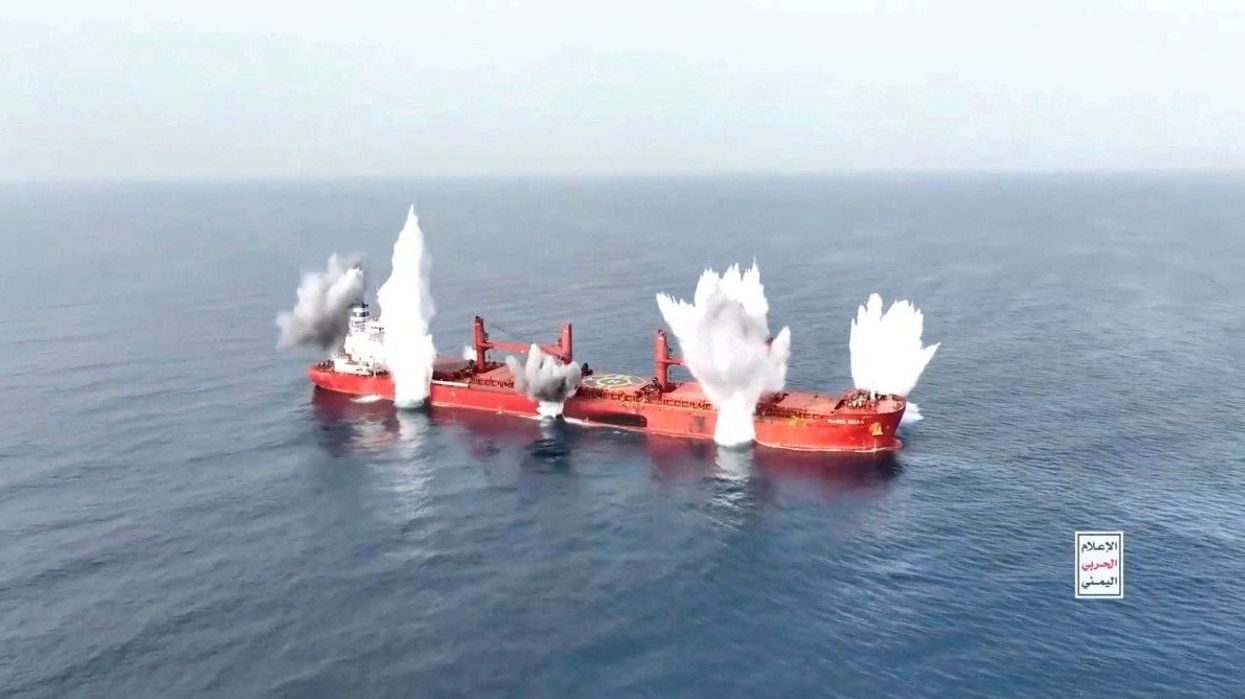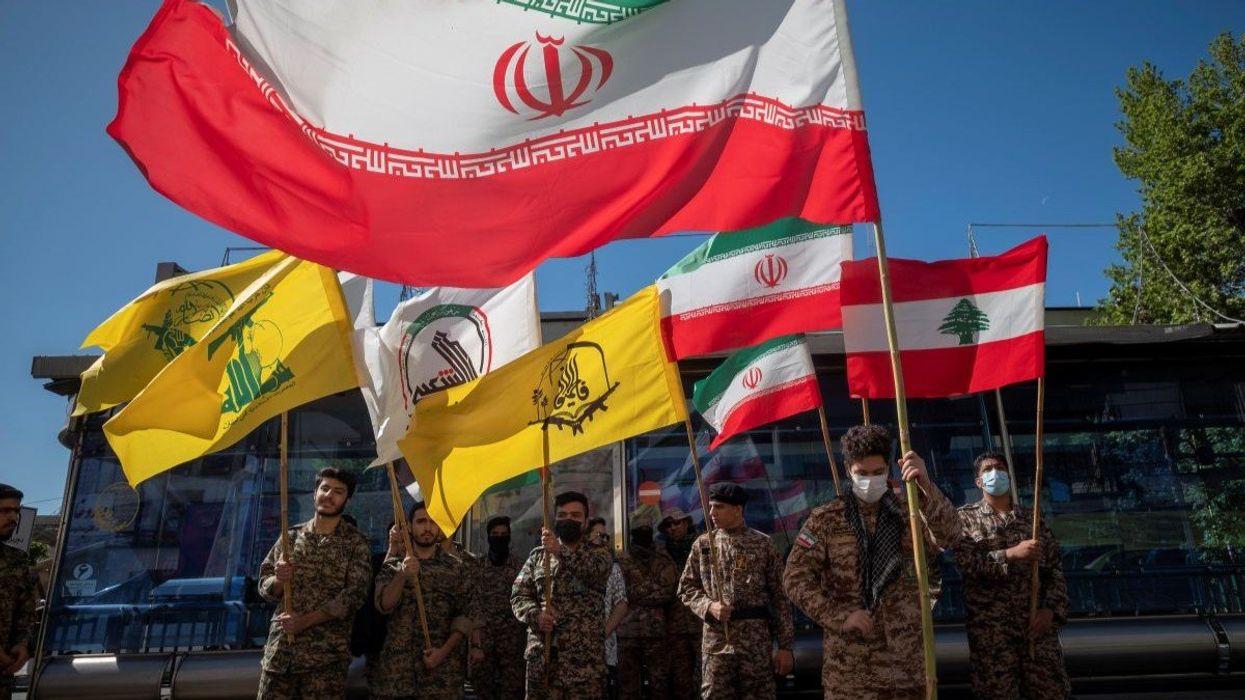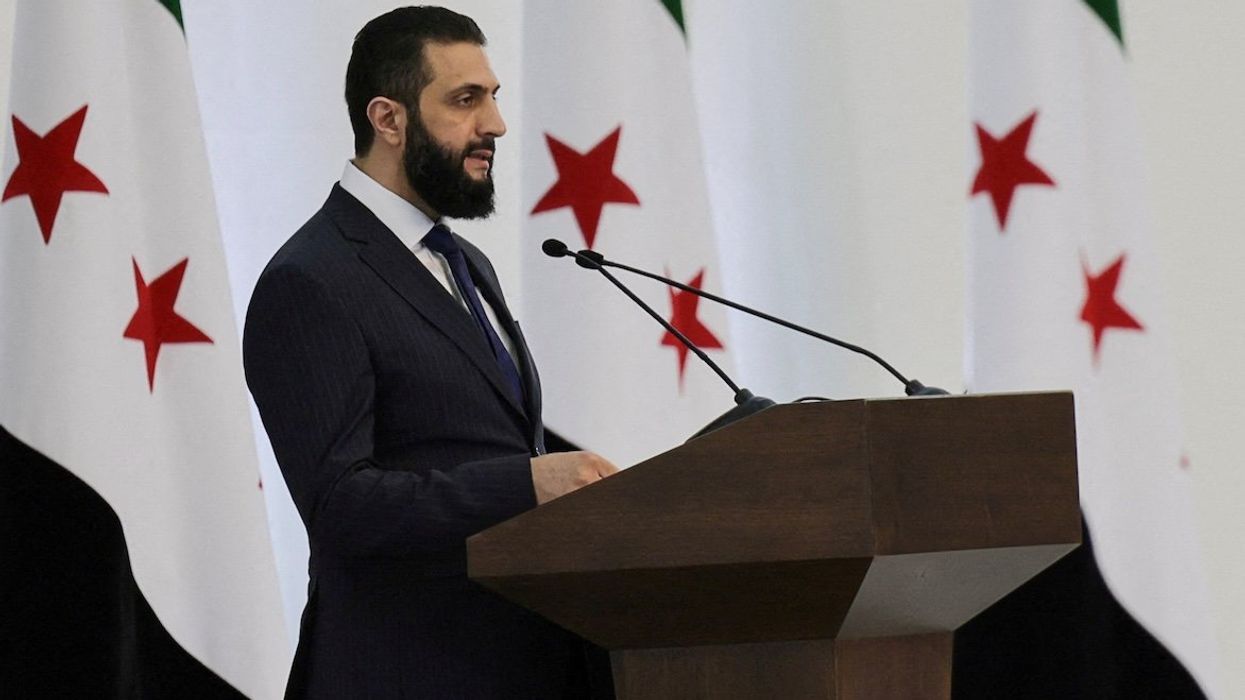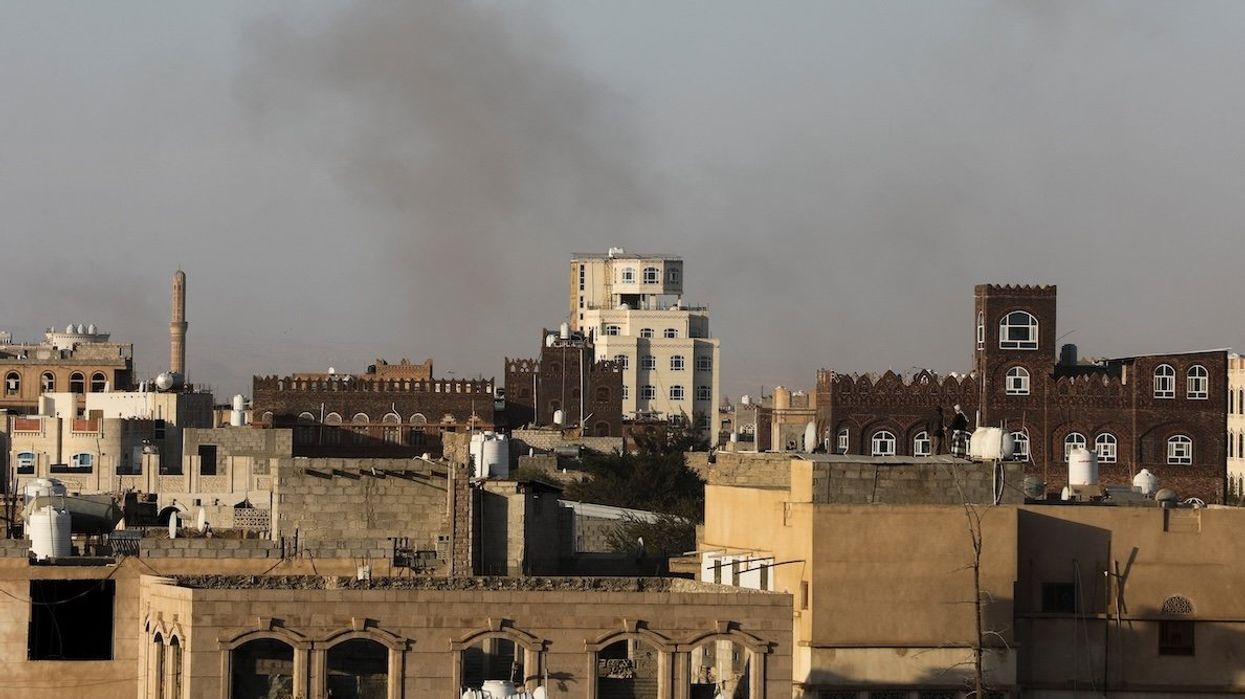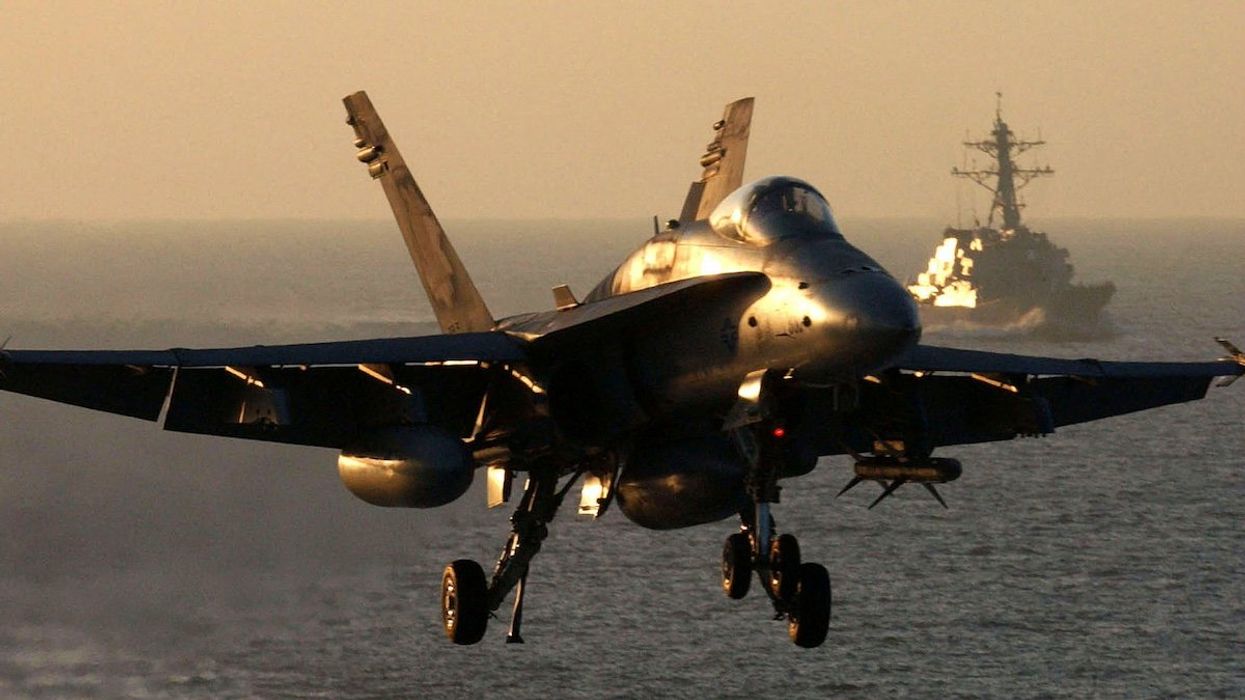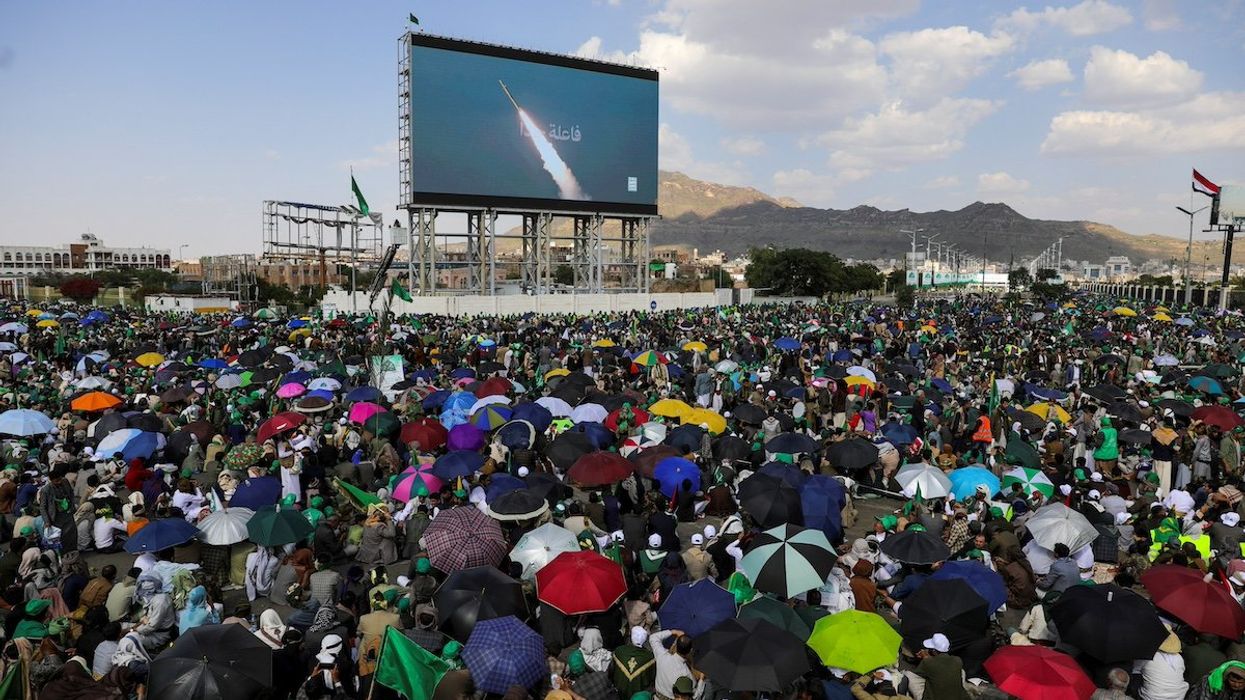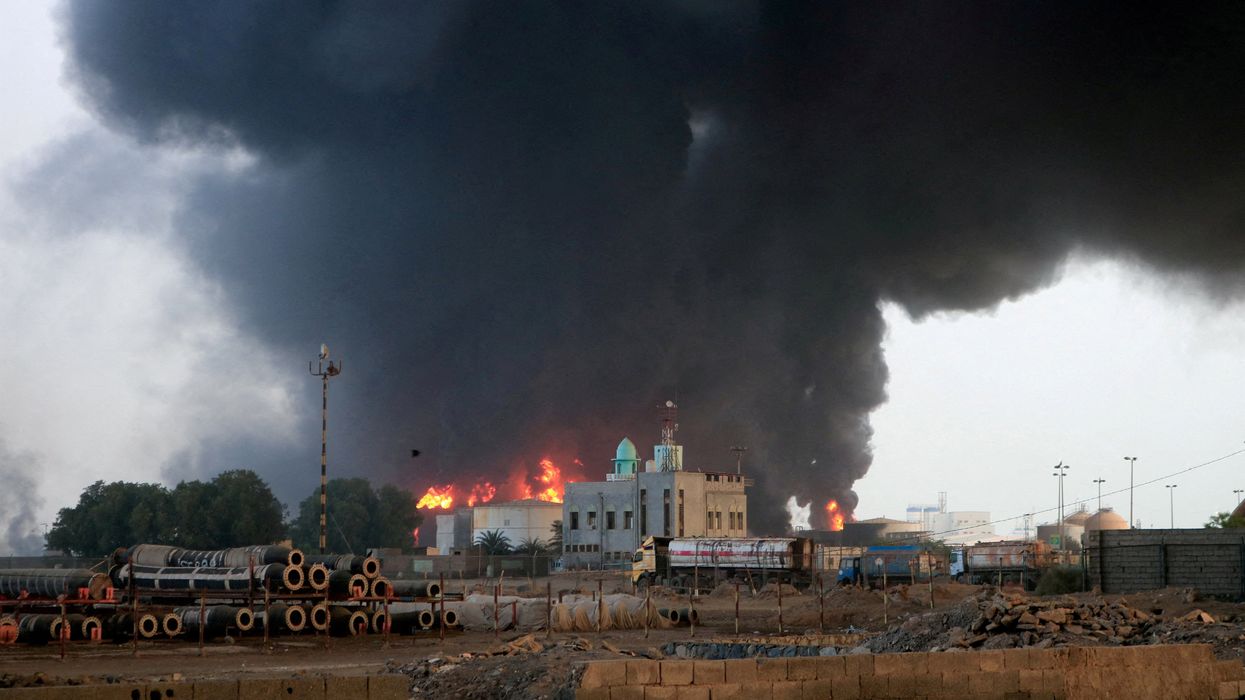What We're Watching
What We’re Watching: Yemeni ministers back rebel group, US surveillance planes fly over Nigeria, Myanmar to hold elections amid civil war
In the latest twist to Yemen’s decade-long civil war, a group of government ministers declared support for the UAE-backed Southern Transitional Council (STC), a rebel group that broke the war’s deadlock earlier this month by seizing control of the oil-rich Handramout region.
Dec 23, 2025

